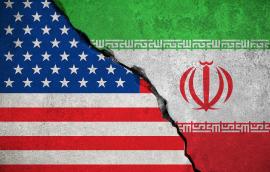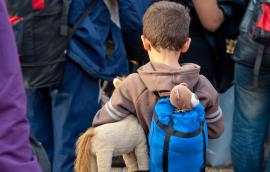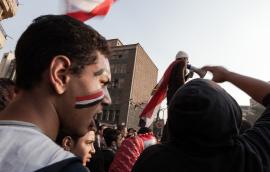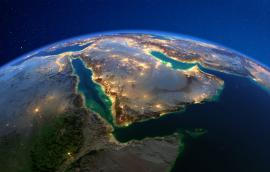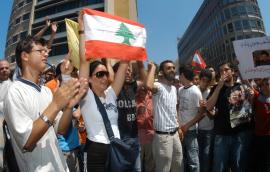U.S.-Iran Negotiations: A Guide for the Perplexed
The authors examine the varied approaches used by the U.S. and Iran during the ongoing nuclear negotiations, with particular emphasis on how each side approaches the Israeli-Palestinian arena and Iran’s entrenchment in Syria and Lebanon.
Gilead Sher, Daniel Cohen December 10, 2019
